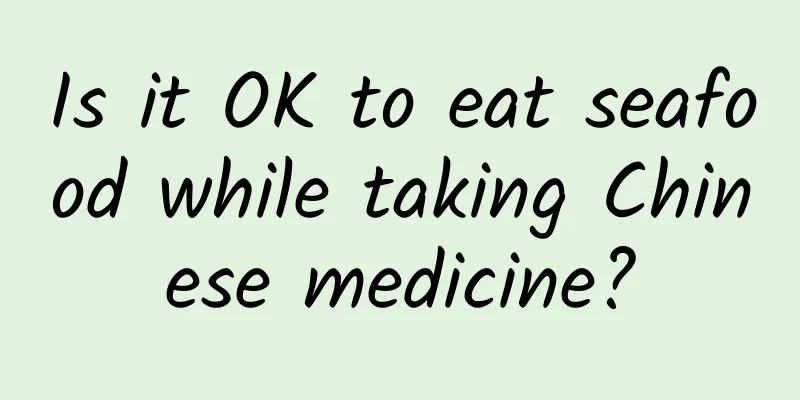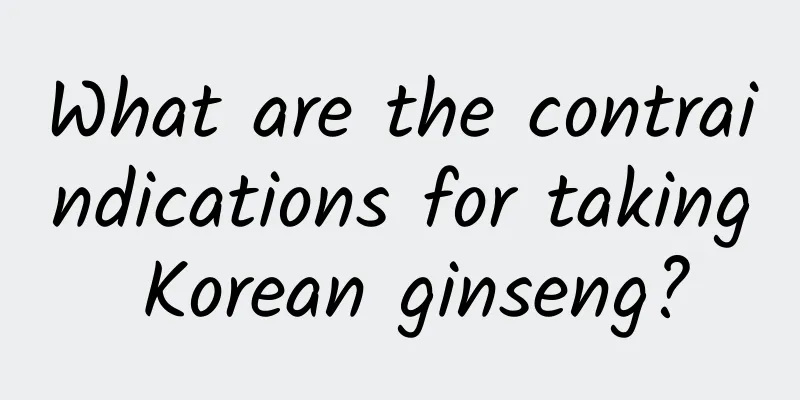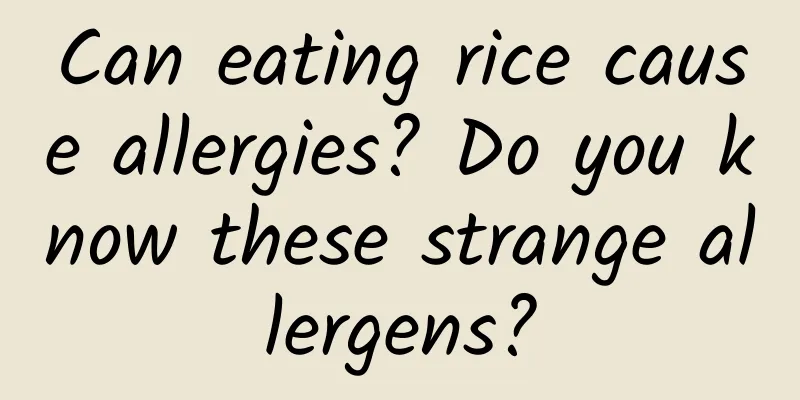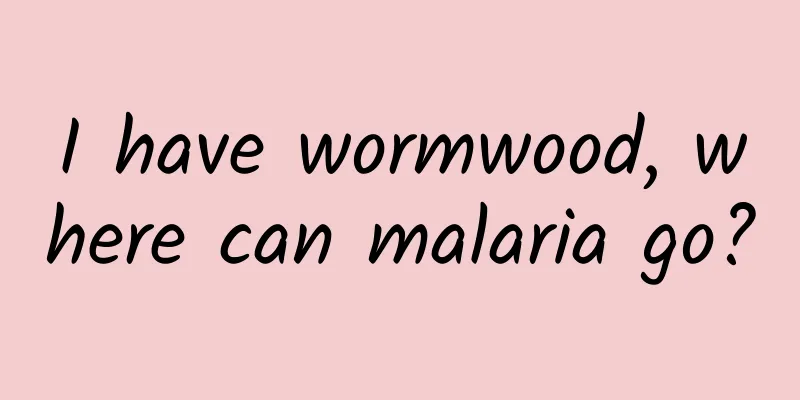Is it OK to eat seafood while taking Chinese medicine?

|
As people in modern society are becoming more and more aware of their own health, many friends will take Chinese medicine as their first reaction after getting sick, because this can achieve better results in curing the symptoms and the root cause. But in fact, there are some taboos during taking Chinese medicine, so many friends are worried that if they eat seafood during taking Chinese medicine, it will affect the efficacy of the medicine. So is it good to eat seafood during taking Chinese medicine? In the next time, please take a look with me. Avoid eating when taking Chinese medicine "Dietary taboos" refer to dietary taboos when taking medicine or treating illnesses. Traditional Chinese medicine places great emphasis on this point, and the people have also accumulated a lot of experience in this regard. Practice has proved that various foods have their own properties, which will have a certain impact on the occurrence and development of diseases and the therapeutic effects of drugs. "Dietary taboos" are reasonable and quite particular. Dietary taboos when taking Chinese medicine include those related to symptoms and those related to medication. The dietary taboos for diseases are based on the nature of the diseases. For example, patients with damp-heat diseases should avoid spicy, greasy, and fried foods, while patients with cold diseases should avoid raw, cold, and cool foods. Colitis is a disease of damp heat, so you should choose light and easily digestible food. However, dog meat is dry in nature and is not suitable for nourishment at this time. In traditional Chinese medicine, there are more strict dietary taboos when taking medicine. For example, when taking ginseng, avoid eating radish, and when taking turtle shell, avoid eating amaranth. Do not drink strong tea when taking Chinese medicine, because strong tea contains a lot of tannic acid, which will reduce the efficacy when taken with Chinese medicine. You should mainly drink boiled water. You should not eat chili peppers when taking Chinese medicine, especially for fever symptoms. It is even more inappropriate to eat chili peppers when taking medicine for clearing heat and cooling blood or nourishing yin and reducing inflammation, otherwise the treatment will be ineffective or the efficacy will be weakened. Fermented bean curd contains a protease that can offset the efficacy of traditional Chinese medicine, so it is also something that needs to be avoided. When taking Chinese herbal decoctions and pills, avoid raw, cold, and greasy foods. As for the "irritating foods" often referred to by the older generation, they refer to foods that are not suitable for consumption by people suffering from certain diseases during treatment. Traditional Chinese medicine divides foods into six categories according to their properties, such as ginger, garlic and other heat-inducing foods, shrimp, crab and other wind-inducing foods. Whether or not "irritating foods" need to be avoided should be determined based on syndrome differentiation and avoidance methods of traditional Chinese medicine. Some asthma patients can eat and drink freely without any worries at other times, but during an asthma attack, high-protein foods such as eggs, milk, fish and shrimp become "trigger foods" that aggravate the condition and should be avoided. In addition, people with scabies and skin diseases should avoid eating saltwater fish, shrimp, crab, mutton, pork and other foods; people with edema should avoid eating salt; patients with hepatitis should avoid eating spicy, hot and greasy foods. "Dietary taboos" refer to the dietary taboos when taking medicine for medical treatment. It is a feature of TCM treatment and doctors have always attached great importance to it. Practice has proved that there is some truth in abstaining from certain foods. Because the various foods we eat on a daily basis have their own properties, they will have a certain impact on the occurrence and development of diseases and the therapeutic effects of drugs. Through the description of the above paragraphs, I believe that the majority of friends have a deeper understanding and cognition of the question of eating seafood while taking Chinese medicine. Of course, what I want to tell you is that we should first understand which Chinese medicines are incompatible with seafood, so we must avoid eating them together. Otherwise, it will not only affect the normal effect of the medicine, but also delay the recovery of the disease. |
<<: What are the effects and side effects of Ginkgo biloba leaves?
>>: Can eating herbs cause allergies?
Recommend
How did plate tectonic movement start? Is it from geothermal energy?
Preface The seas run dry and the rocks crumble, a...
The efficacy and function of Dashi jujube
There are many types of Chinese medicine. When we...
6 bedrooms, 3 living rooms, 2 bathrooms! The "cosmic Versailles" of China's space station is here
How big will China's space station be when it...
The efficacy and function of nail rake seven
The essence of traditional Chinese medicine is to...
Can Tongkat Ali treat gout?
In fact, the gout problem is now bothering many p...
Black wolfberry effect
We all know that eating wolfberry is good for the...
What are the functions of the Chinese medicinal herb licorice?
Our traditional Chinese medicine has great magic ...
The efficacy and function of copper green
Verdigris is a very common Chinese medicine in ou...
The amazing "footless bird" almost never touches the ground in its entire life. It sleeps and mates in the air.
Have you ever heard of a bird that spends almost ...
The efficacy and function of long-leaf sesame
Long-leaf sesame is a Chinese medicine that is re...
What are the effects of angelica and astragalus
Angelica and Huang's are actually very good, ...
Who conducted the experiment that Einstein called "the most beautiful experiment in physics"?
In 1895, Roentgen discovered X-rays, but what exa...
The efficacy and function of Dandaozicai
Dandaozicai is a common type of Chinese medicine ...
The efficacy and function of fragrant asafoetida
As people's living standards improve, they pa...
A new scam! Using "quantum technology" to grow crops can help fight diseases, disasters and increase yields?
Recently, a news program exposed a case of defrau...


![The efficacy and function of stalactites [picture]](/upload/images/67ca0e17555b2.webp)






